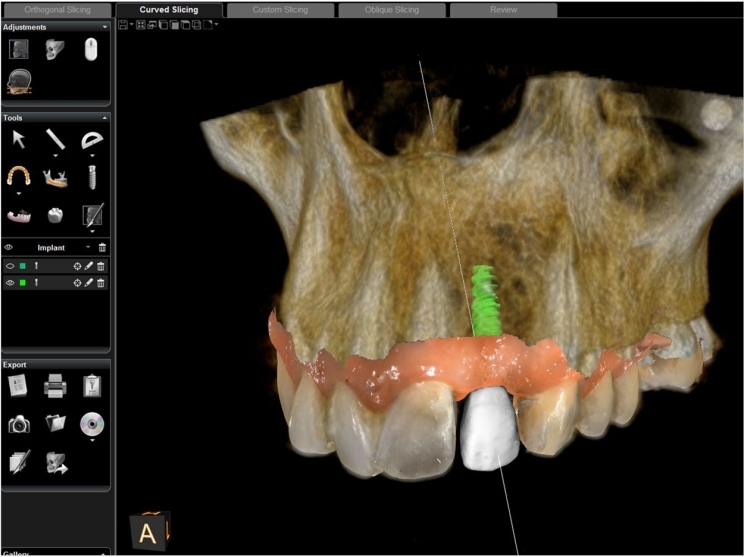
Rutgers University TechAdvance has awarded a $100,000 grant to resident Amir Fakhrzadeh, DMD, of the Rutgers School of Dental Medicine Periodontics Department to develop a composite biomaterial of cement mixed with the patient’s own dentin that could serve as an alternative to titanium dental implants. The process also involves creating an implant that is inserted within an hour of tooth extraction.
“This strategy combines simple, traditional procedures with modern techniques and technologies,” said Fakhrzadeh. “The goal is to trick the body into thinking the implant is a natural tooth and deliver it quickly while the cells responsible for normal periodontal healing are still viable.”
According to Fakhrzadeh, his work could lead to a faster, more affordable, and far less invasive alternative to titanium implants. Although they are considered the standard for tooth replacement, titanium implants often have risks, and their complications can be debilitating, Fakhrzadeh said.
Also, titanium implants normally can’t be used for patients between the ages of 6 and 22 due to continued facial growth, which causes the implant to become malpositioned, leading to functional and aesthetic issues. Fakhrzadeh, who completed a postdoctoral research fellowship in regenerative medicine, said his more organic method better suits younger patients.
Fakhrzadeh’s protocol involves CBCT imaging and CAD software to develop tooth replicas before extraction. Created from a 3-D printed mold or negative, the replicas are implanted immediately after extraction once the original tooth is ground up, sterilized, and combined with cement material during a chairside procedure that takes about 30 minutes.
A patent is pending for the implant composition and methods that support the procedure. The funding from TechAdvance, a branch of the Rutgers University Office of Research and Economic Development, will help fund further in vitro and in vivo studies designed to test the healing of the composite implants in an animal model. Fakhrzadeh also is seeking additional public and private funding to bring the technology to market.
Related Articles
Exposed Titanium Mesh Removal Improves Implant Procedures
Magnesium Replaces Titanium in Implants Without Complications
Zirconia Promises Superior Strength and Aesthetics in Dental Implants











